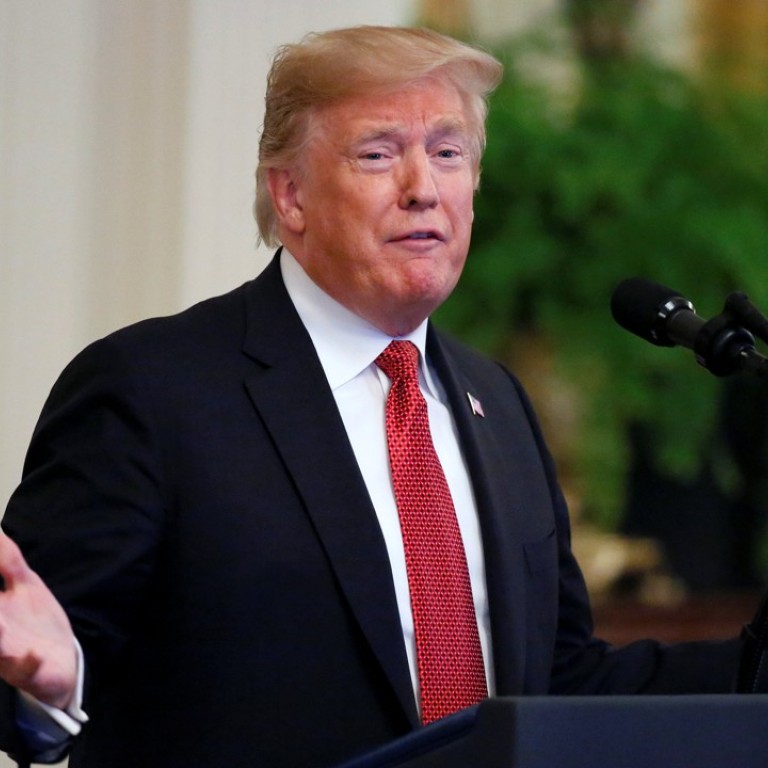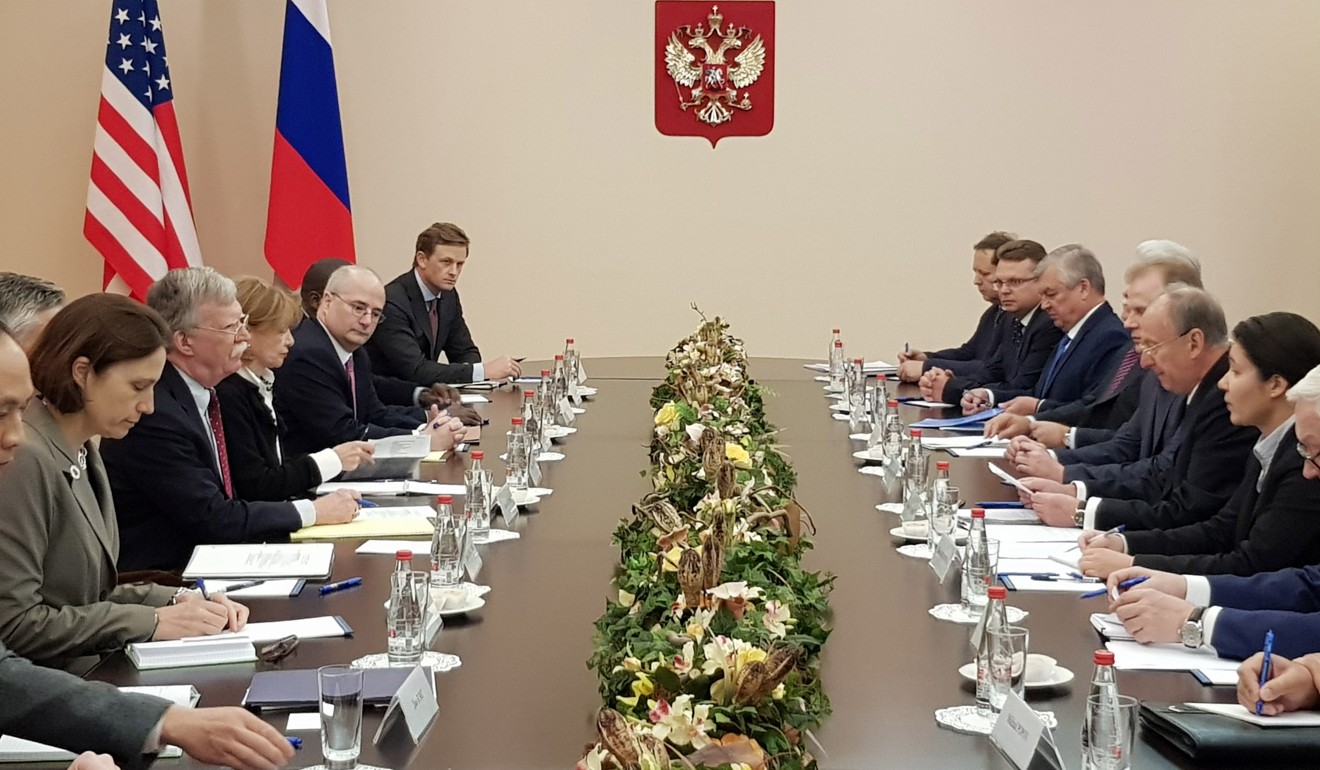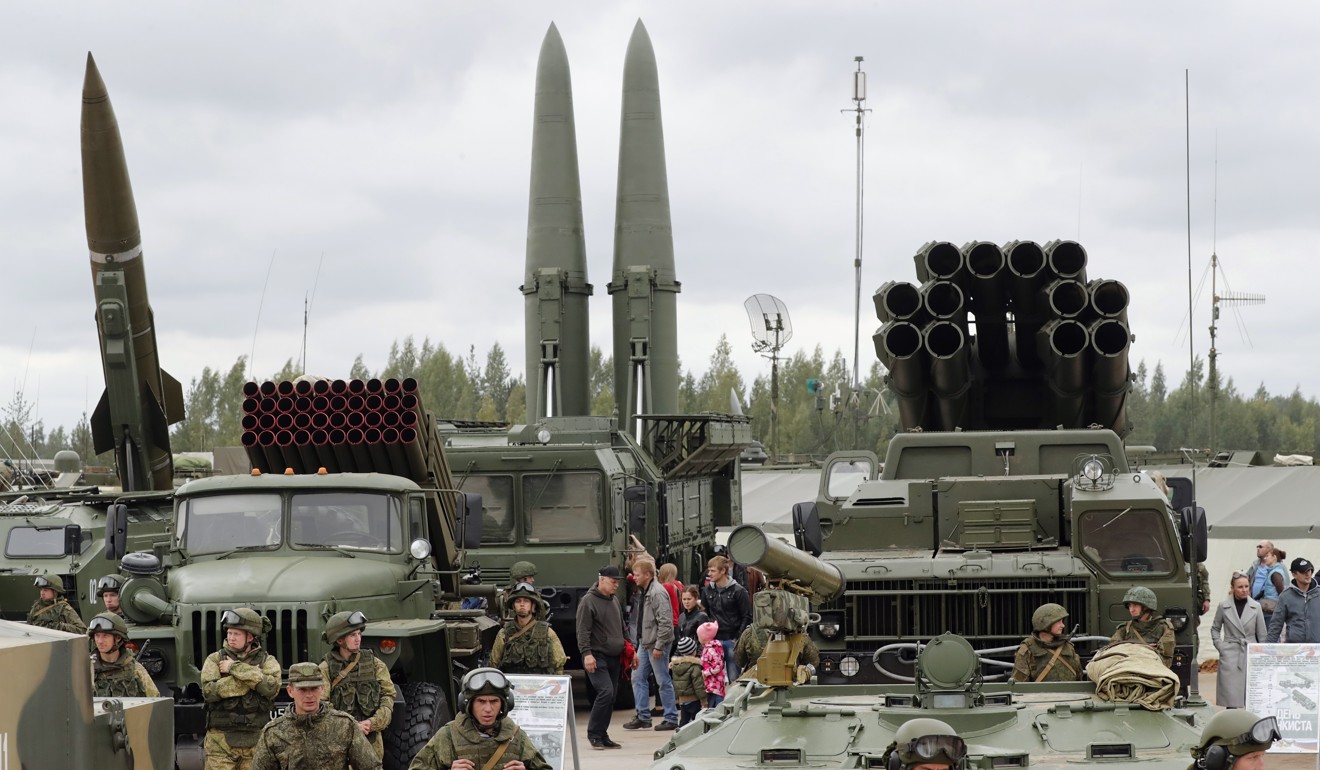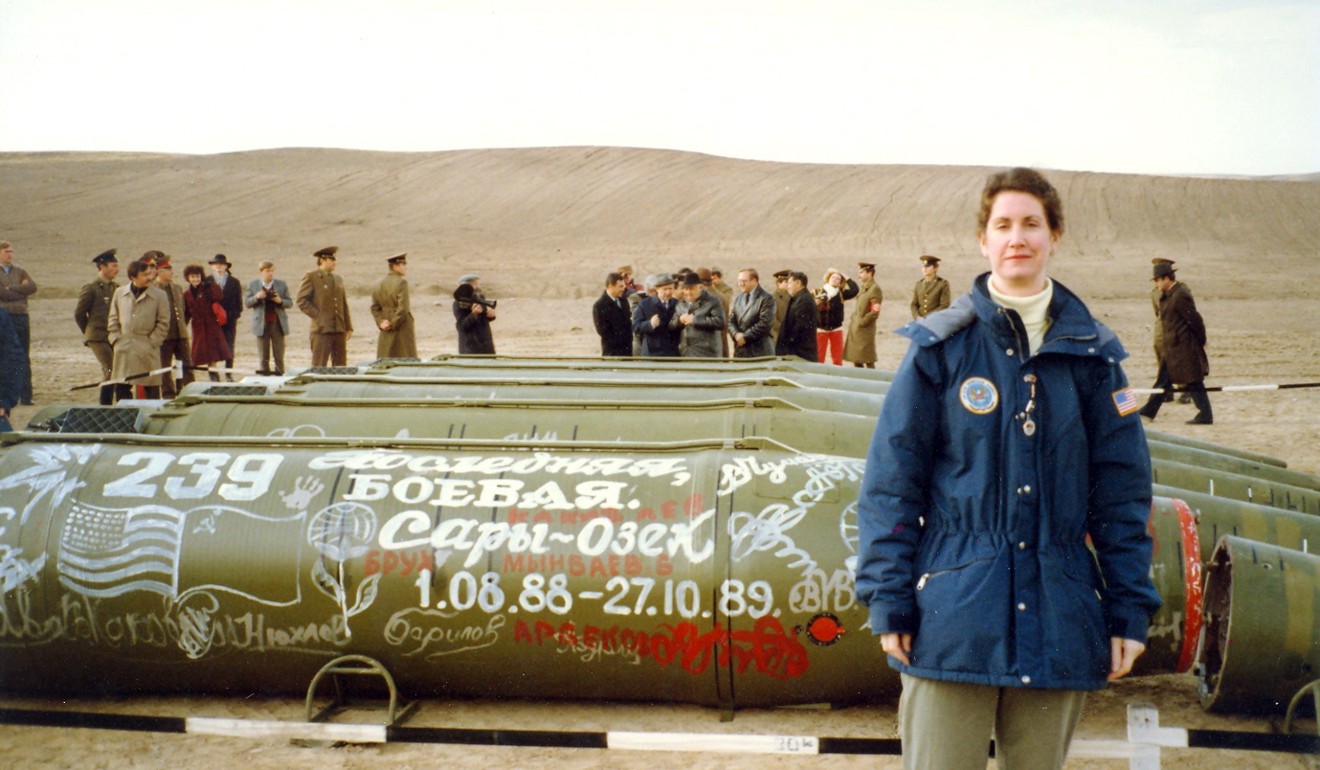
What Asia thinks (but won’t say) about Trump ditching nuclear treaty with Russia
- US president’s intention to withdraw from the INF Treaty with Russia dents perceptions of American reliability.
- It also raises the prospect of an arms race in China’s backyard
Asian nations have for the most part stayed silent over a threat by the United States to withdraw from a disarmament treaty with Russia that has kept nuclear proliferation in check for the past three decades.
Naoko Aoki, Stanton Nuclear Security Fellow at The Rand Corporation, said the credibility of the US rested on two pillars: its “capability and resolve”.
“Questions that arise among allies are not so much about US military capability but about US commitment. Not informing allies about major decisions does not help [reassure them],” she said.
And if allies like Japan and South Korea began to doubt US commitment to its treaties, they might also start to question their relationships with Washington.
“If they become convinced that America’s commitment to defend them is no longer credible, they may reassess their alliance,” said Sam Roggeveen, director of the International Security Programme at the Lowy Institute in Sydney.

However, even if Trump’s move does undermine confidence in US reliability, its allies find their backs against the wall as most feel they have few options other than to keep silent about their misgivings.
“Trump’s decision to withdraw could give misleading signals to North Korea. From that perspective, how can we persuade North Korea to denuclearise?” asked Eunjung Lim, assistant professor at Ritsumeikan University’s College of International Relations in Kyoto.
Lim said despite these concerns, South Korea was unlikely to rethink its alliance with the US. “We want Washington as an alliance partner, but we cannot deny our intertwined economic interests and our priority of a denuclearised North Korea.”
It’s time to educate the Chinese public about the nuclear threat next door
In contrast, China has been vocal in opposing Trump’s decision.
“The treaty has played an important role in easing international relations, moving forward the nuclear disarmament process, and safeguarding global strategic balance and stability,” said Chinese foreign ministry spokeswoman Hua Chunying.
“It is still highly relevant today. Unilaterally withdrawing from the treaty will cause many negative effects … We hope that the relevant country can cherish the hard-won outcomes achieved over the years, prudently and properly handle the issues related to the treaty through dialogue and consultation, and think twice before withdrawing.”
ARMS RACE
Some experts have suggested Trump’s move is less a reaction to what the US says are violations of treaty obligations by Russia and more about the US telegraphing its intention to start an arms race in China’s backyard.
They say the US withdrawal is likely to prompt an arms build-up by both China and Russia, which would in turn affect defence and security considerations for the rest of Asia.
“[Cancellation of] this treaty is a serious problem for Japan’s national security. The treaty has played a role in regional peace and stability, arms control, and disarmament,” said Japan’s chief cabinet secretary Yoshihide Suga on Monday.

The treaty was negotiated during the cold war and signed 31 years ago. Since then, it has not only prohibited the US and Russia from producing, possessing, and testing ground-launched ballistic and cruise missiles with ranges between 500km and 5,500km, it has also helped to constrain nuclear proliferation globally.
“Asia is a region of new nuclear powers – India, Pakistan, North Korea – who ignored or dismissed the cold-war nuclear order,” said the Lowy Institute’s Roggeveen. “If the US formally withdraws from the INF Treaty, it is another signal that this Atlanticist world order is crumbling and the era of Asian power politics is at hand.”
At the core is the US’ preoccupation with the rise of China and the belief that China wants “ultimately to displace the US as the leading power in the region”.
“There’s a possibility we are entering an era of great power struggle between the US and China in Asia.
“It’s still an open question whether the US has a real interest in engaging in that conflict in the long term, whether its interests in Asia are important enough to run the risk of confrontation, and possibly even nuclear war, with China,” Roggeveen said.
Taiwan’s cosying up to Trump could spark a China-US war
As China is not bound by the INF Treaty – which is a bilateral understanding between the US and Russia – much of its arsenal consists of the kinds of missiles the treaty prohibits. As a result, the entire United States is already within China’s range.
That has fuelled speculation that ending the treaty could lead to a nuclear arms race between the US, China and Russia. But for the US to increase its short- and medium-range capacity in the region, it would first need allies willing to host the facilities.
“Withdrawal would give the US more freedom to develop land-based nuclear weapons of intermediate range, but it’s hard to imagine either Japan or Korea agreeing to host such weapons on their territory,” said Roggeveen.

Another scenario Trump’s announcement could bring about is the US, China and Russia negotiating a new treaty.
Matsuda, at the Institute for Advanced Studies on Asia, said this was unlikely in the near future.
“The US does not have any leverage presently, it does not have the intermediate-range forces. China would never accept only discussing intermediate-range forces, China would want to discuss the entire nuclear arsenal and the asymmetrical nuclear power balance between the US and China.”
Hoo Chiew-Ping, a senior lecturer in Strategic Studies and International Relations at the National University of Malaysia, was more optimistic.
“As the new Strategic Arms Reduction Treaty between US-Russia is about to expire by 2021, given how much Chinese forces would have grown by then, there are incentives for these three great nuclear powers to negotiate a strategic arms control agreement.”

